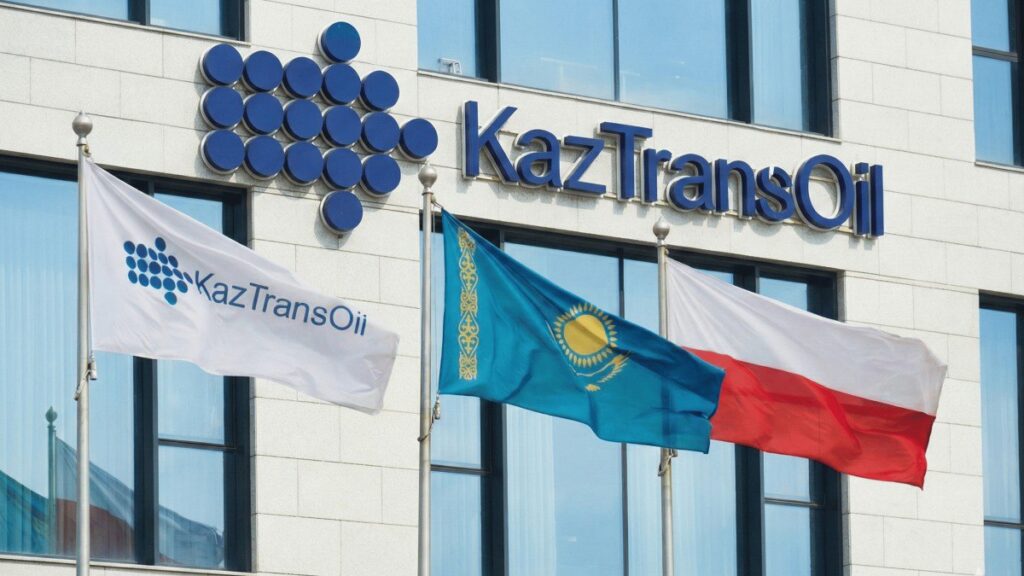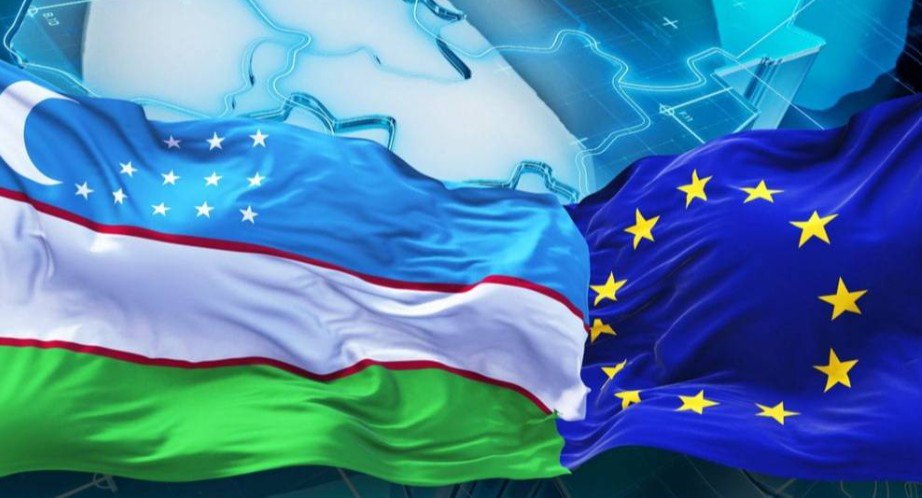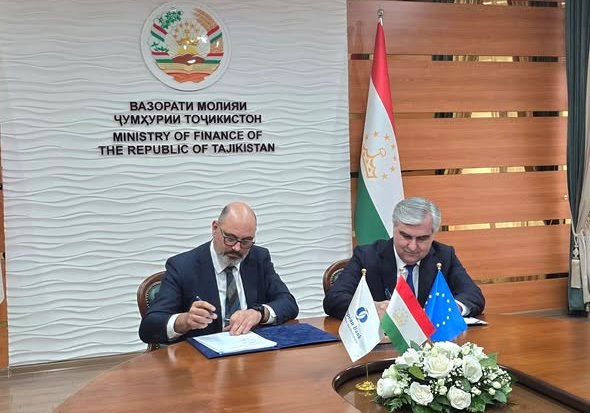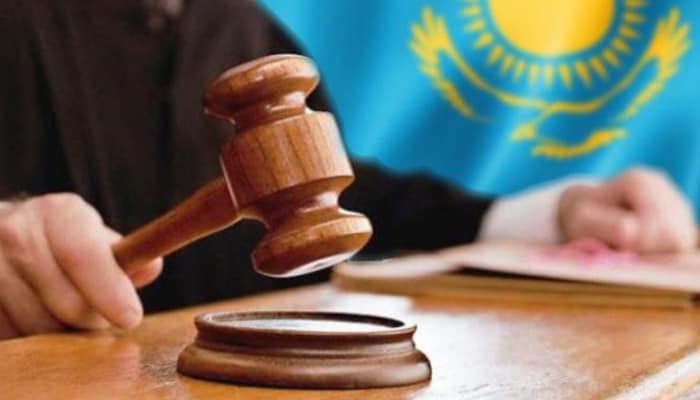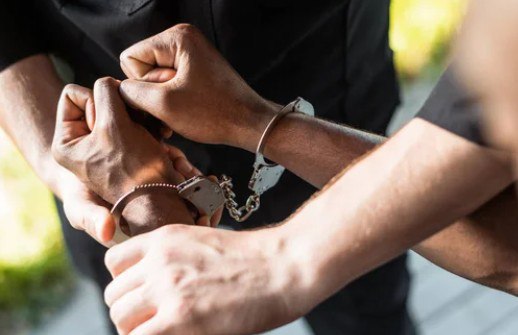ASTANA (TCA) — The European Union has launched a new project to enhance criminal justice in Kazakhstan, the EU Delegation to Kazakhstan said.
“The 100 concrete steps plan on implementation of 5 Institutional Reforms specifically highlights that economic prosperity comes hand in hand with fair, effective and humane criminal justice system,” said the Ambassador, Head of the EU Delegation to Kazakhstan Traian Hristea. “Kazakhstan resolutely takes the path towards strengthening of the rule of law and humanization of the justice system and I believe that this new project comes timely for Kazakhstan. Very practically this initiative will increase the effectiveness of the recently introduced reforms, modernise the sentencing rules and enhance the qualifications and skills of the legal professions and those responsible for the implementation of the Government’s criminal justice services and polices.”
The project aimed at further development of the criminal justice system is designed to support Kazakhstan with ongoing judicial reforms in Kazakhstan in accordance with international standards.
With a total budget of 5.5 million euros funded by the European Union (EU), the project is implemented by Northern Ireland Co-operation Overseas (NI-CO) in partnership with Ministry of Justice of the United Kingdom, Dutch Probation Service and National School of Judiciary and Public Prosecution, Poland.
The project experts from the UK, the Netherlands and Poland will work with Ministry of Justice, General Prosecutor’s Office, the Supreme Court, the Committee of criminal executive system under the Ministry of Internal Affairs of Kazakhstan and their educational institutions.
The project will provide an assessment of the effectiveness of the criminal justice system reform, develop a strategic approach to crime prevention and propose measures for the development of criminal proceedings in accordance with international standards and further modernization of the criminal law statistics.
The project will offer a wider use of alternative sanctions not related to deprivation of liberty for further development of the probation service in the country. Increasing of the professional educational level of the criminal justice specialists through the development of new courses and introduction of modern practices to assessment and trainings will be one of the main activities of the projects.


